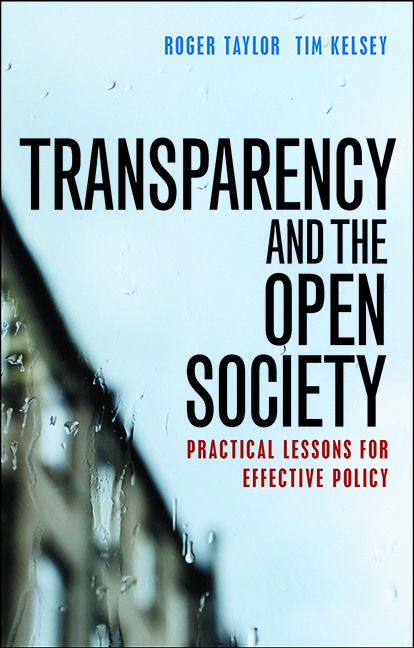4 - Fair allocation systems
Published online by Cambridge University Press: 05 April 2022
Summary
In Tragic Choices two law professors, Guido Calabresi and Philip Bobbit, outline the various options open to society in allocating scarce resources. They describe four basic mechanisms – markets, politically accountable systems of allocation, lotteries and ‘custom’. The book points out that the last is really an attitude that informs the other three. To the degree that politically accountable systems operate in ways that are not accountable, or markets operate in ways that are not open, they could be said to be working according to custom and practice.
The authors were interested in ‘tragic’ allocations such as the allocation of donated organs or the imposition of military service ‒ situations where the inevitability of inflicting serious harm on someone make us question our ‘ultimate values’. These decisions expose the unavoidable inconsistencies in our values – that human life is priceless, and yet society must put a price on life; that all are equal before the law, yet money can buy you a better chance before the judge.
The book says: ‘Honesty is the most influential brace in the tragic equilibrium. Though subterfuge may bring us peace, for a while … honesty permits us to know what is to be accepted and, accepting, to reclaim our humanity and struggle against indignity’ (p 26).
The conflicting values that make tragic allocations difficult also make trivial allocations difficult. We tend to not worry about the latter because the consequences are trivial. However, an individual's life can be shaped by a series of trivial decisions in ways that can have equally tragic consequences. For that reason, we believe that honesty, in Calabresi and Bobbit's words, is important to all allocation systems. Honesty here is the degree to which we acknowledge the failures we tolerate and the trade-offs we make. Honesty is about transparency.
We want to extend our definition of fairness as follows: fairness is the correct application of fair rules – where fair rules are the rules found to be those most in sympathy with the values of the individuals within a free society assuming a fair exchange of information. Transparency is the means by which we ensure a fair exchange of information.
- Type
- Chapter
- Information
- Transparency and the Open SocietyPractical Lessons for Effective Policy, pp. 73 - 84Publisher: Bristol University PressPrint publication year: 2016



